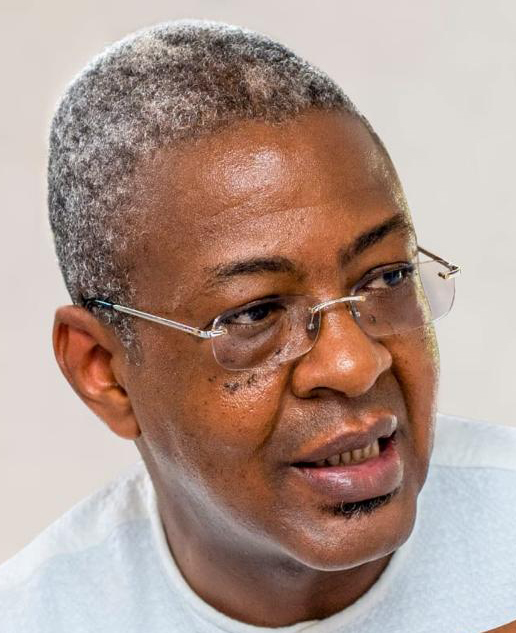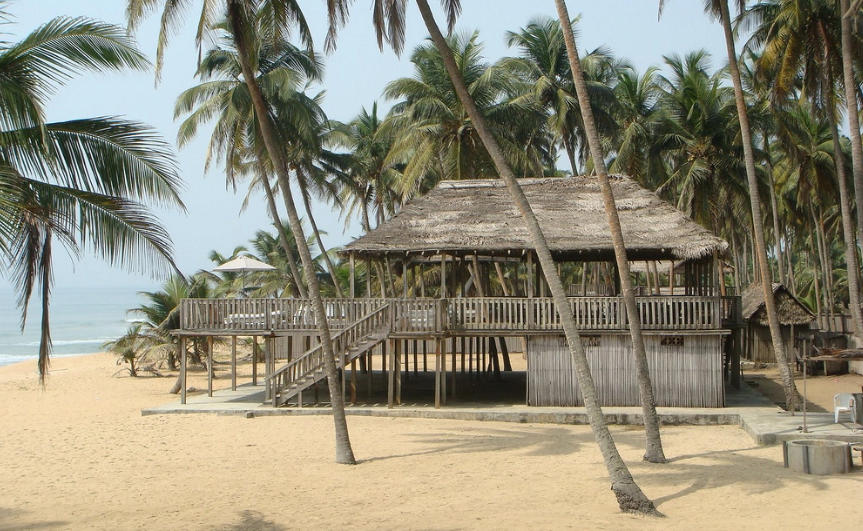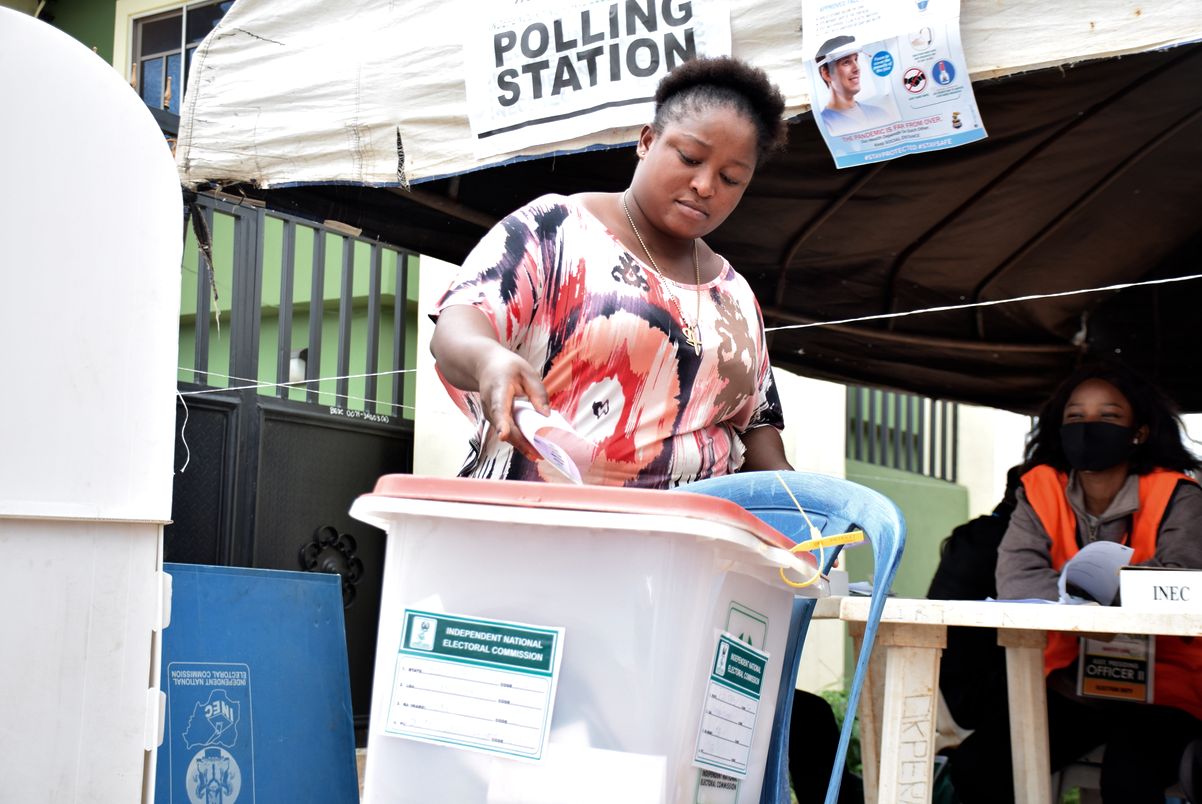The manner in which our global realities – and economy – have been transforming at the speed of thought in the past two decades, at least, driven by the massive force-field of information and communication technologies, has occasioned sea-changes in the nature of commerce and the wealth of nations. Hence, humanity has not only made huge transitions from the first to the third industrial revolutions – in terms of the production of goods and services, but we are now making rapid advances into the Fourth Industrial Revolution.
This is an age that has earned the apt moniker of ‘disruption’, in which the traditional basis of social and economic organisation are being transcended, as artificial intelligence and machine learning take on bigger stakes. These newer systems are equally set to play greater roles in governing the interactions between man and the environment, alongside the way in which resources are husbanded and value created. The way in which tourism is experienced and consumed is a critical component of this newer reality.
A shorthand for this complex re-arrangement of the production and access to tourism goods and services is the ‘digital economy’, which is anchored on the technologies of open source systems, data analytics, cloud computing, blockchain, search engines, other cybernetic platforms, and smart devices, all hitched to the Internet (of things) and its infrastructure.
Since it took off, the global digital economy has grown in scale and size, getting estimated at a value of $11.5 trillion dollars or about 16 per cent of the worldwide economy, in a report by Oxford Economics in 2016. No doubt, with the increased global convergence around digital channels, especially since the outbreak of the coronavirus in late 2019, this value would have accelerated tremendously to possibly twofold of the earlier figure.
Advertisement
Nigerian tourism and the digital economic disruption
With the traction gained by the digital incursion and its transformation of the Nigerian economy, Oxford Economics has equally calibrated its impacts on tourism in the country as having witnessed a total inflow of $7.9 billion from international and domestic visitors spending. This is a composite of a direct contribution of $2.6 billion to the Nigerian GDP, alongside a ripple effect of indirect and induced impacts. As such, it is noted that the travel and tourism industry in Nigeria constituted 4 per cent of the GDP in 2019 and was responsible for some 3.3 million jobs, before the onslaught of COVID-19.
Also, Oxford Economics reveals the extent to which digital content has driven tourism in Nigeria, with 70 per cent of overnight stays being booked through digital platforms in 2019, rising from 55% in 2014 and an 8% net increase in the economy of tourism within the same period. Equally, there were 20 million incremental visitor nights and a $1.1 billion incremental contribution to the GDP in 2019 alone.
Advertisement
As the uptake of digital platforms grows, increasing the competitiveness of products and destinations, the potential gains for Nigeria have been projected at the creation of about 74,000 new jobs and 8.5 million incremental overnight stays by 2025. This would be on the back of about a $1 billion cumulative increase in the spending on tourism over a five-year period, benchmarked from 2020.
Tools for accessing tourism in the digital economy
These days, digitalisation has pervaded the entire gamut of the tourism ecosystem – from the points of desire and research about destinations and local experiences, to travel itself, hospitality, local touring, gastronomic rendezvous, and all the associated sectors. The wide sweep of digital innovations has encompassed the entire tourism industry, leading to far-reaching transformations worldwide, and making the World Economic Forum’s Digital Transformation Initiative (DTI) estimate that between 2016 and 2025, tourism would create value in the range of $305 billion.
More so, it is claimed that about $100 billion of value will be migrated from traditional sector players to new competitors, while consumers and the entire society will witness benefits valued at about $700 billion from digitally driven tourism. In this regard, many industry actors have been adopting digital assets, which are incorporated into their strategies and operations – thereby linking e-tourism, smart tourism and e-commerce, etc. – as a way of ensuring their competitiveness and relevance.
Advertisement
As such, part of the transformations wrought by digital technologies have led to changes in the business model of tourism, which still keeps evolving, and creates not only new forms of revenue, but also value-enhancing opportunities. It has become empowering of the consumer, who is located at the centre of curating his/her experience, out of the range of offerings and choices available to him/her. In stride, the new model has diminished the need for intermediaries (such as the traditional travel and booking agents), although there is the strong indication that tour operators, travel agencies and other tourism sectors enablers will remain, even in the virtual space.
Tourism is now facilitated significantly by technology, including the Internet of Things, search and geolocation technologies, while equally enabled by payment platforms and the preponderance of social media for destination marketing. In as much as, in an earlier phase, the tools for drawing attention to the experiences of tourism were through websites, email marketing and search engine optimisation (SEO) on Google, the field has become massively leapfrogged by the predominance of digital applications – much of them mainly used on mobile devices.
The raft of global digital tools for accessing tourism and its experiences these days include Tripadvisor; then Airbnb, FlipKey, HomeAway, 9Flats for accommodation; Uber, Gokada, Lyft, Grab, ZipCar, iCarsClub for transportation – which also has subsets comprising touring, that can be requested through apps likes ToursByLocals or Vayable, or Wingly for private flights in Europe. A solutions provider for tracking destinations is WishTrip, which assists with digital maps and trails, live maps, and location based pop ups, etc.
In Nigeria, and across large swathes of the African continent, beyond the adoption of a number of the more universal digital tools mentioned above, some of the fairly peculiar digital applications that have created online marketplaces for tourism include Afritrip, Ajala.ng, Hotels.ng, Wakanow, Travelbeta, Travelstart, and Jumia travel, among others. These are product hubs that are becoming increasingly important players within Nigerian tourism’s digital ecosystem and economy.
Advertisement
Definitely, the mammoth platforms spawned by social media applications like Facebook and WhatsApp, alongside others like Google’s Travel Insight/Arts & Culture, are taking tourism and destination marketing to newer levels. Instances of their efforts include how they re-present tourist products and offerings through augmented reality (AR) or virtual reality (VR), which are bringing in fresh possibilities that allow users to enjoy the sights and sounds of tourist attractions, both near and far.
Nigerian tourism and an expanding digital economy
Advertisement
In this audacious new digital world that we have emerged, the Nigerian Tourism Development Corporation (NTDC), which I lead, is positioned, in our range of activities and openness to innovation, to enhance the course of the Federal Government in breaking the present fiscal bind, and chart a bold course for the future. We have taken noteworthy steps in this direction, with the development of a bouquet of digital products, in collaboration with tech giants such as Google, and a forward-looking approach to developing capacity in the sector.
We believe that when properly harnessed, tourism can contribute a lot more to the size of the Nigerian GDP, as it creates an increasing number of jobs, and livelihoods, beyond what I believe has been greatly underestimated by international and local pundits.
Advertisement
As our country moves in the stride of the greater expansion of telecommunications – more so the Internet broadband – infrastructure, the deepening of digital capacities and skills, the repurposing of destination marketing organisations (DMOs) to make them more effective, and investing in a better understanding of consumer behaviour, the trajectory of Nigerian tourism in the digital economy can only be that of bigger wins.
This will, no doubt, help in moving our country towards the government’s enduring objective of creating an economy that is strong enough to provide for the needs of Nigerian people across board, while attaining the resilience that makes it sturdy enough to withstand external shocks.
Advertisement
Coker, the Baba Eto of Yorubaland and director general of the Nigerian Tourism Development Corporation, is the chief marketer of the Nigerian destination
Views expressed by contributors are strictly personal and not of TheCable.
Add a comment







